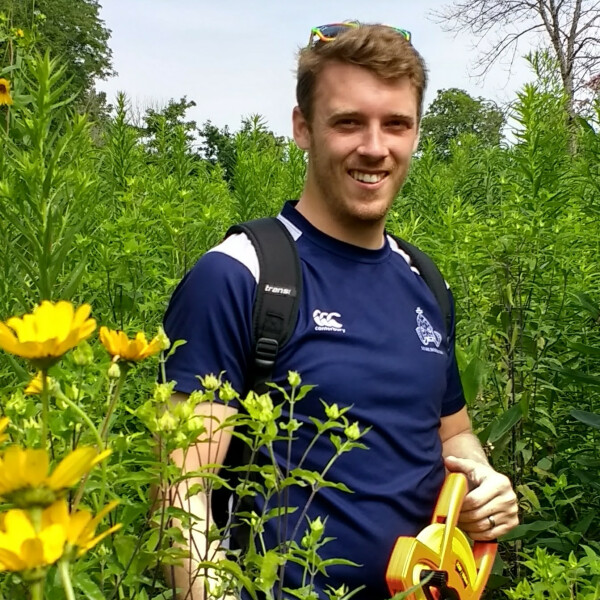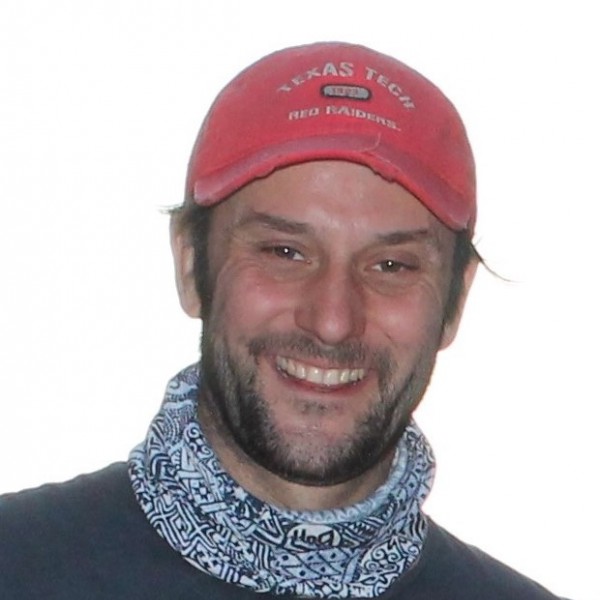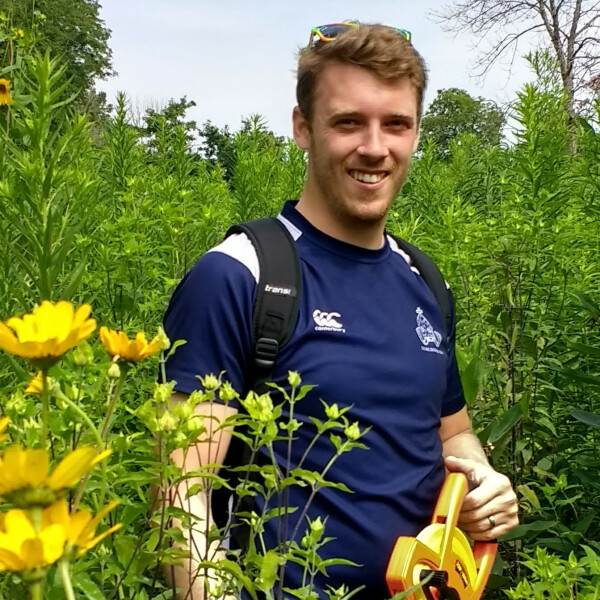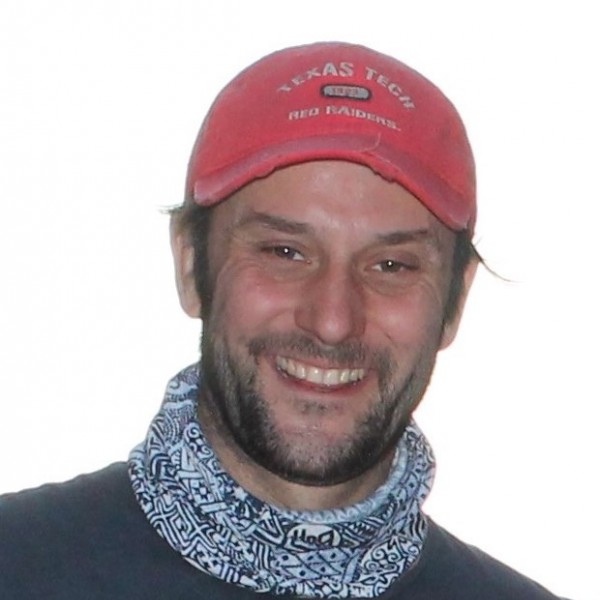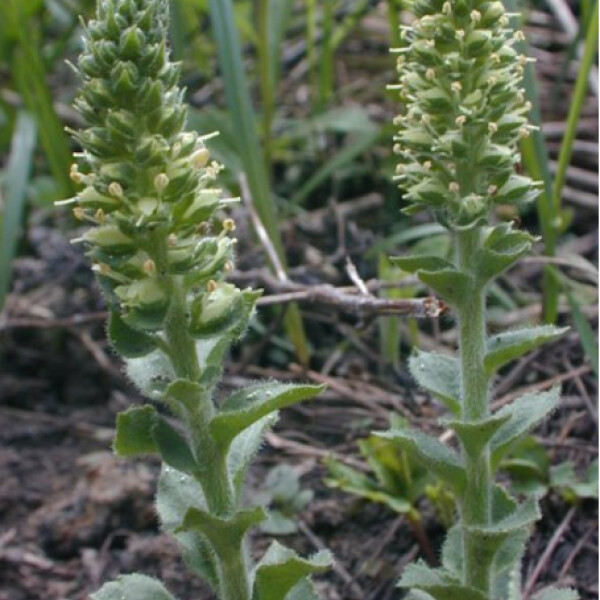
Does small population size limit genetic diversity and reduce fitness in a rare midwestern endemic? 2022
In the field, then seed lab and/or genetics lab
Ecology, Genetics, Fieldwork, Plant Traits
Seeds represent an intergenerational life stage in which parent plants transfer genetic material in the evolutionary hope of long term persistence, but not all seeds create successful progeny. Genetic diversity and inbreeding can impact seed quantity and quality - effects often overlooked in studies that focus solely on extant populations. For small and isolated populations which are more likely to lose genetic diversity and display inbreeding, and for rare species in particular, the seed stage can be highly influential for population growth or decline. In this study, I propose to determine how populations of varying sizes differ for genetic metrics of diversity and inbreeding, assess if those metrics are associated with decline in seed quantity and quality, and test how seedlings from different population sizes respond to environmental stochasticity. To achieve this, I have selected Synthyris bullii, a midwestern endemic that occurs in small (<50) to large (500+) populations, and is threatened or endangered in all states across its range. I will census previously surveyed populations and measure flower number, flower size, and fruits per flower, and collect leaf material and fruit for genetic analysis. From collected fruits, I will calculate fruit and seed set (quantity), seed weight and germination rate (quality), and determine seedling survival. Seedlings will be grown in common gardens and exposed to a drought treatment to characterize climate stress tolerance. Results will provide insight into the mechanisms behind population decline and allow managers to better address long-term needs of small, rare plant populations such as S. bullii.
An REU student will have the opportunity to assist with field work (1-2 weeks, collecting seed and environmental data at all populations) and lab work (sorting and counting seed and/or processing genetic sampling of pre-collected leaf material). We can adapt the work depending on the students interests and will work together to come up with a separate project based on this data collection and processing.
